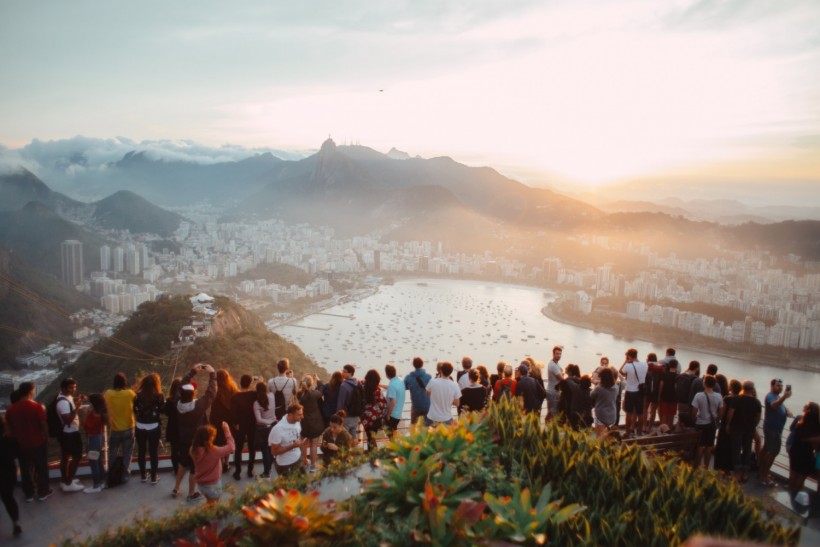With inventions like Airbnb, Uber, and digital tickets, it's tough to say that the tourism industry hasn't been changed by technology. Instead of bringing an entire shelf of books, you just download a place from Google Maps, and you know exactly where you are in the world. Instead of asking locals about the best place to eat, you just look at a few reviews and walk to the best restaurant.
Instead of visiting Italy, China, or Spain, you just put on a VR headset and feel like you're there. Okay, the last one might be taking it too far. You still want to see and experience those Instagram-worthy places yourself.
Still, there's no denying that the VR trend skyrocketed in 2020 when the pandemic inflicted a massive blow to the world. A lot of museums opened up their galleries for virtual reality tours. Maybe before you visit the place, in reality, you stroll through the streets in 3D so you don't get lost on your vacation. Here are some of how technology is rapidly changing the tourism industry.
Social Media
Travel influencers can now shape a city's economy or a small country. That's something that no one believed could happen. Before the internet, most people didn't know about the small islands in the Philippines or most European countries.
Thousands of pictures and videos later, these places are now home to digital nomads, backpackers, and tourists from around the globe. Of course, cheap airline tickets play a massive role in the commercialization of travel, but there's no denying the power of social media too.
Smartphones
Nowadays, our phones feel like an extension of ourselves. Try leaving the house without your phone. It's like something crucial is missing, and you must return and get it. These devices are incredibly versatile, and you can plan your entire trip on them. There's no need to go through agencies and spend absurd amounts of money when you can talk directly to locals.
Not only that, but some applications are better than a tour guide since you can stroll around at your own pace. Smartphones definitely changed the way people look at tourism. You carry it around everywhere, so why not use it to the maximum?
The negative side
A few decades ago, you had to be careful and watch out for pickpockets and muggers. Now, criminals have upped their game and transitioned to the virtual world. A ten-year-old with a laptop can hack your mobile phone if you don't know what you're doing.
Public coffee shops, airports, train stations, bus stations, and museums are places where hackers thrive. You connect to their free Wi-Fi, thinking that you're in a progressive country, and boom, all of your data gets compromised.
Of course, you won't feel it until some suspicious transactions flow out of your account a few days later. Traveling without a VPN nowadays is like waving a wallet full of money in the open. You'll provoke criminals to rob you. In one case, it's money. On the other, it's money and data.
Airlines also use cookies to sell you more expensive tickets if you're not browsing from a private browser. That's where VPNs are helpful again. You'll always get the best deals and save money because it will look like you're accessing the page from a different place each time.
© 2024 NatureWorldNews.com All rights reserved. Do not reproduce without permission.
* This is a contributed article and this content does not necessarily represent the views of natureworldnews.com






